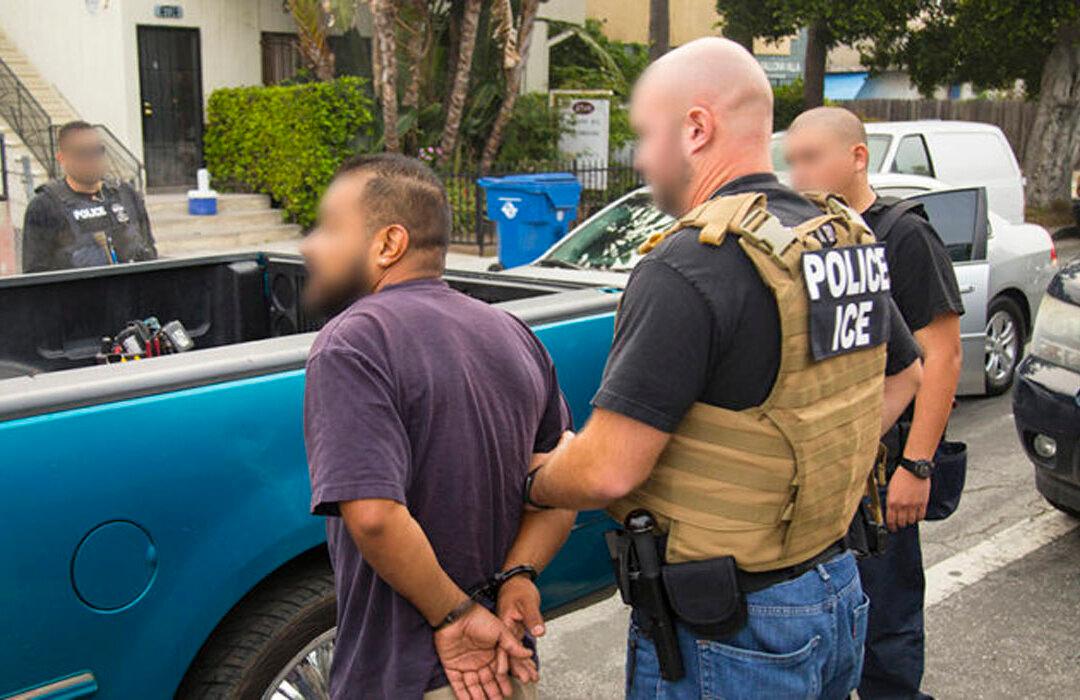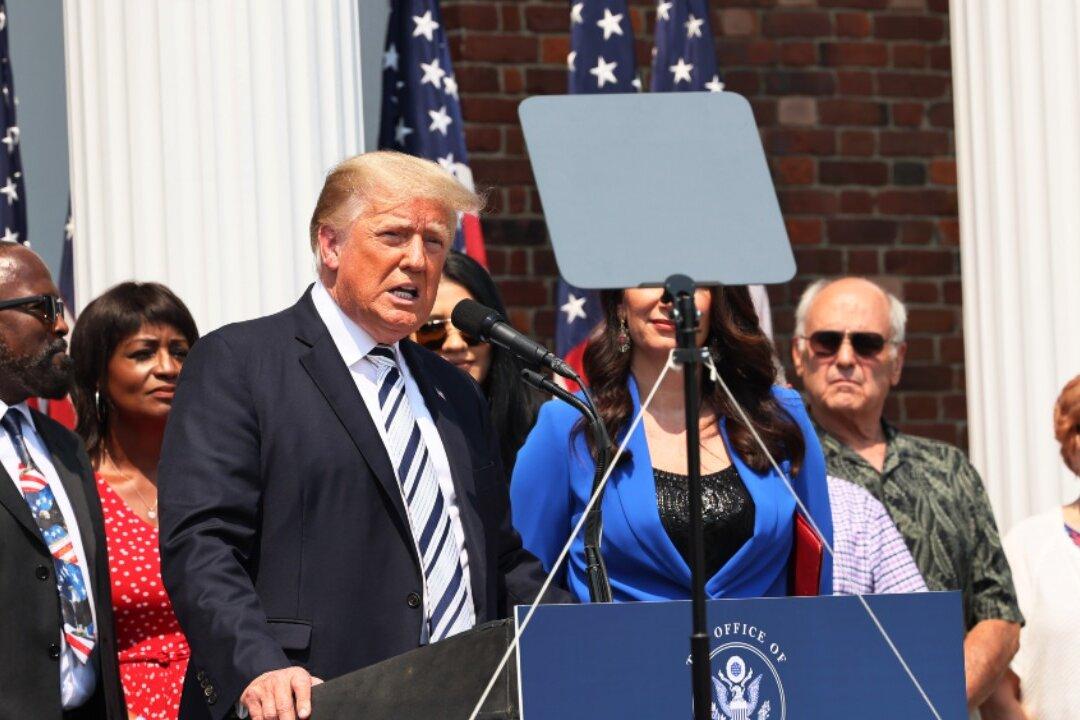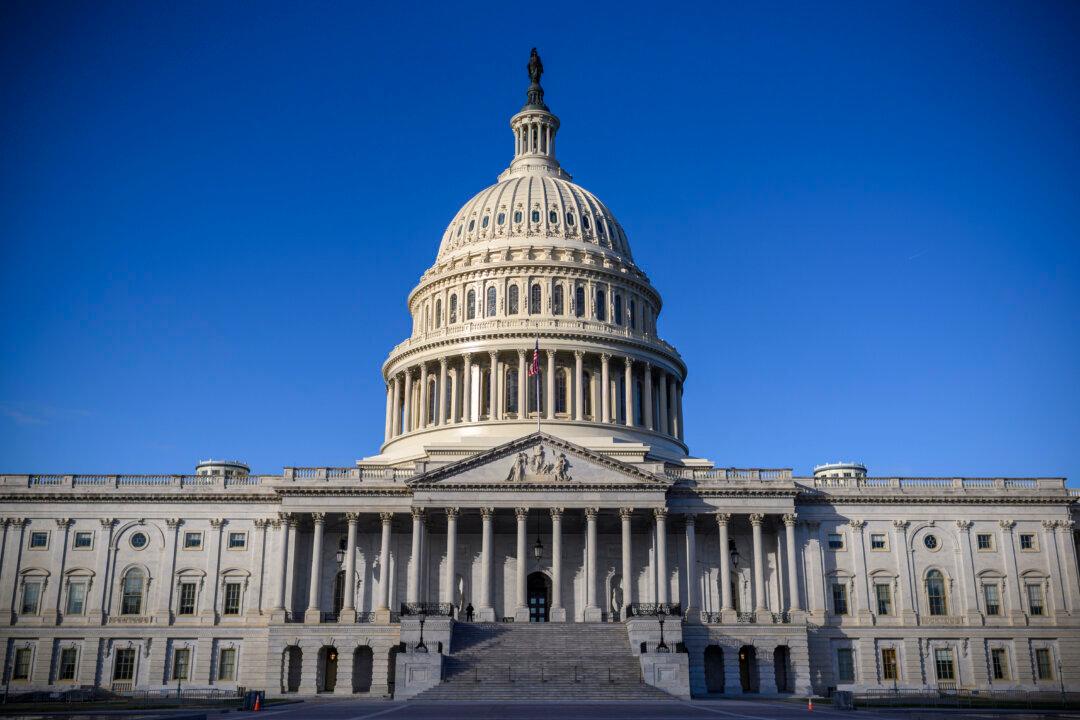U.S. Immigration and Customs Enforcement (ICE) Acting Director Matthew T. Albence provided details in a Dec. 11 statement on how the current U.S.-Mexico border crisis impacted various areas of immigration enforcement.
During the fiscal year (FY) 2019, ICE’s Enforcement and Removal Operations (ERO) arrested approximately 143,000 aliens and removed about 267,000 in an effort to restore “integrity to the nation’s immigration system,” an increase of 11,173 from FY 2018.




